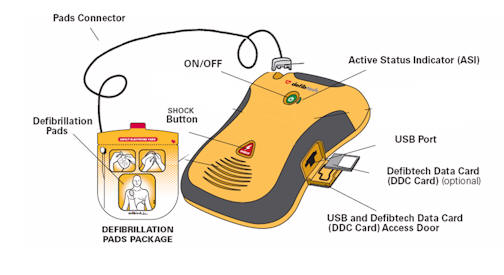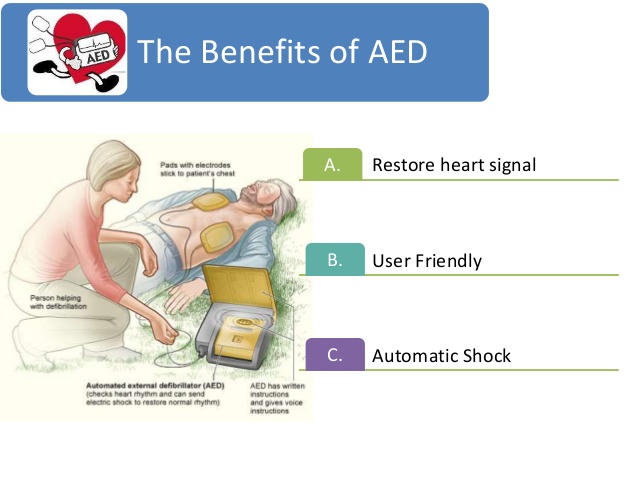7667766266
enquiry@shankarias.in
What is the issue?
What are AEDs?

What is the need for an AED?

What is the need for AEDs in public spaces?
What measures needs to be taken in this regard?
Source: Business Line